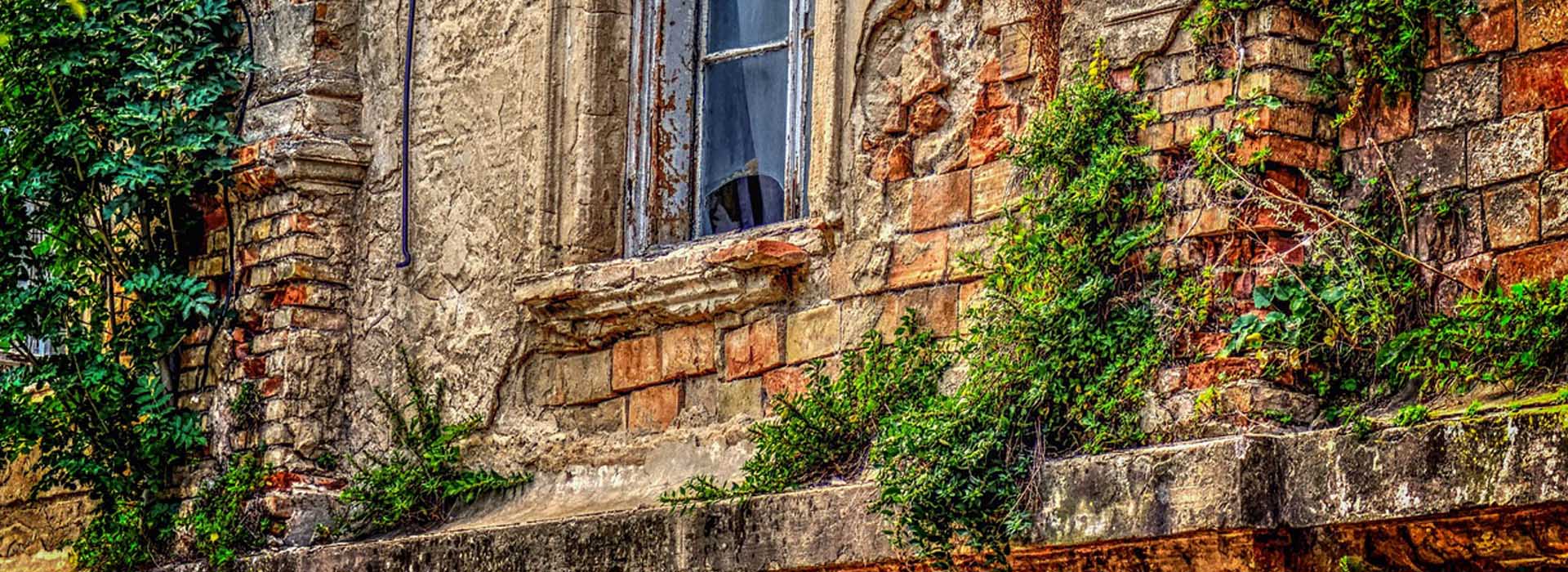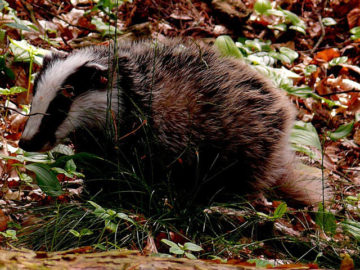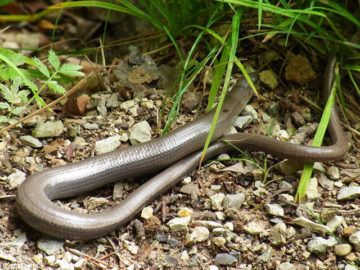
MICROBEE environmental’s Ecology Team specialises in a wide range of Habitat Survey and Ecology services.

Habitat Survey: Ecological Walkover Survey
A simple initial survey to highlight potential ecological issues that could impact on a planning application. It will likely not be enough to support an application, but can be useful to identify areas that may require further survey, without the need for a full Preliminary Ecological Assessment (PEA). Could be particularly useful when a project has time constraints.
Surveys consist of a field study, combined with map and report, detailing any areas of ecological interest. Photos of any plants, habitats or animal of note will be included, as well as details of further survey if required.
If you would like to discuss your requirements or would like to arrange a site visit with one of our ecologists contact our team.

Habitat Survey: Preliminary Ecological Assessment (PEA)/Phase 1
PEA’s are the most common survey required for development sites. They are an in depth ecological survey providing a detailed overview of the potential of a site to support protected species and habitats that could impact on development works. Often, local planning authorities will not even consider a planning application without a PEA report.
The assessment is comprised of a desktop study (including information from a data search from the local records centre), and a walkover study noting all areas of ecological interest. The report includes a Phase 1 habitat map, assessment of habitats present on site, general site photographs (including areas of interest), an overview of the potential for any European Protected Species on site (and how they could be affected by the proposed works) and recommendations for further survey. This survey follows the JNCC (2010) Handbook for Phase 1 habitat survey.
These surveys can be conducted year round, although April to September is optimal to ensure all botanical features are observed. We highly recommend that you commission a PEA at the earliest point of development. This will help to avoid delays further down the line if further species surveys are required, which are often time constrained to the spring/summer months.
For further information contact our Ecology team.

Habitat Survey: Licensing & Mitigation
Where a European Protected species is found to be present on site, a specialist licence may be required from Natural England if works could involve killing/injuring/disturbing the species, or destroying their habitat. A licence is applied for by the ecologist, who has to provide a detailed application including details of what further surveys have been carried out, and how operations will need to be carried out moving forward. Often a licensed ecologist will be required to supervise the work. The process can take several months in total before a license is granted.
Mitigation refers to the actions taken to ensure that wildlife (including animals and plants) can continue to safely survive at a site both during development phase and after. Examples of general mitigation include providing nest boxes for wildlife to safety roost/nest (these can be for all species including birds, insect and bat), retaining wildlife friendly habitat (such as long grass margins and wildflower meadows) and creating new habitat specifically targeted to certain species (ponds for newts, building features (such as letterbox size slots) for certain bat species, planting hedgerow for breeding birds etc).
Translocation works may be required if the species cannot be provided for on the development site. The new site must but be suitable for the species to be able to thrive. This type of work is particularly useful for slow moving species such as reptiles and great crested newts, that can easily be captured in simple traps. Depending on the site, this process can take several months to ensure that all individuals are captured and translocated. It is often carried out in conjunction with the construction of reptile fencing (designed to keep reptiles in/out of a certain area, making translocation easier).
For further information contact our Ecology team.
Our Ecology Credentials
The Microbee Ecology team are friendly professionals trained to a very high level. We hold a wealth of industry-specific certifications so you can be sure you are in good hands.
- Microbee has BSc, MSc, MRes and PhD qualified specialists who are experts in a wide variety of environmental management services.
- All our Biologists, Zoologists and Ecologists have a Bachelor of Science, Master of Science or Doctorate degrees.
- Specialist staff have role specific training and qualifications such as phase 1 and 2 habitat surveyor.
- Many of our Technicians are security cleared to work on Government premises.
- All our staff work in a discreet way when on our clients’ premises.
- CHAS accredited, UVDB registered, Safe Contractor, Safe4site accredited and many more.
Get in touch
To find out more about our services, or to arrange an appointment call us today on:
020 8540 9968
Alternatively, complete the contact form below and a member of our team will be in touch.
We respect your privacy – your details will only be used to reply to your enquiry
